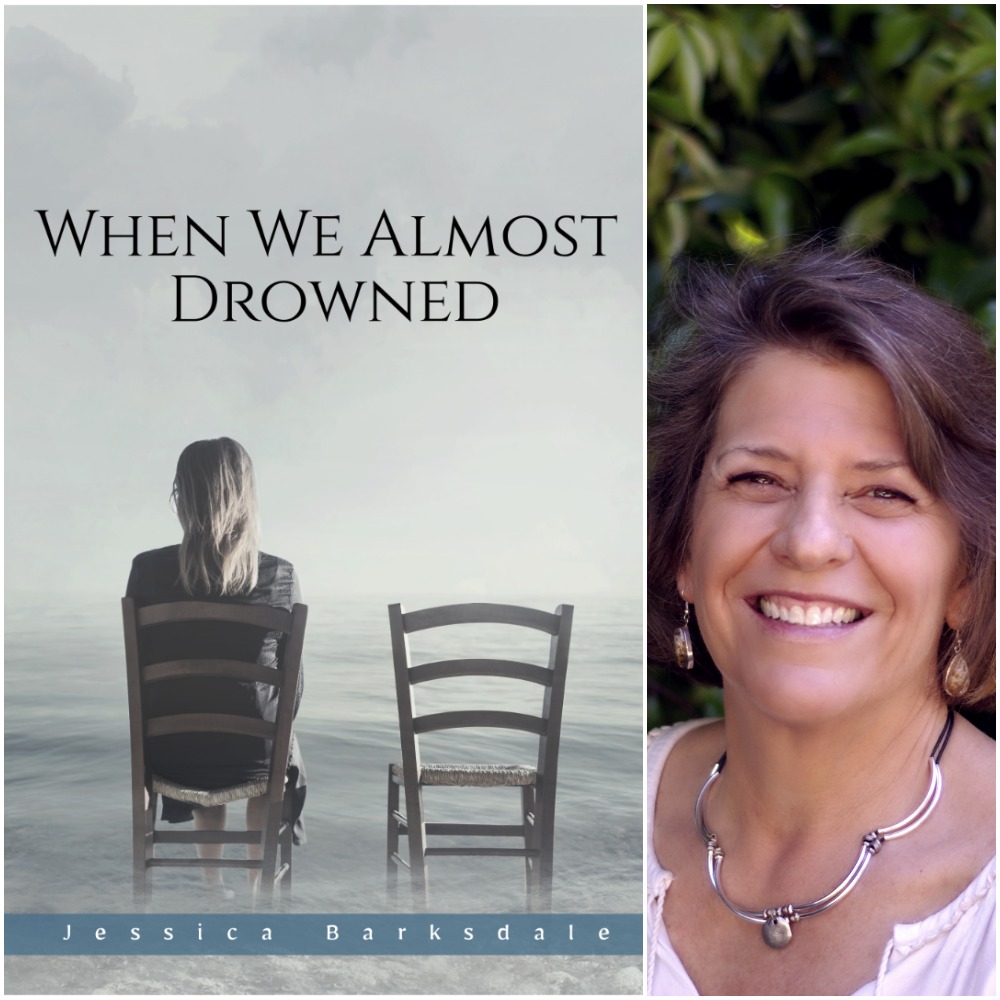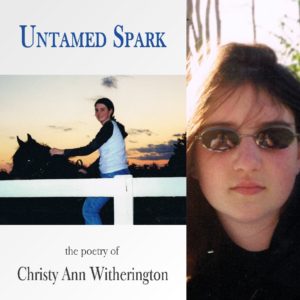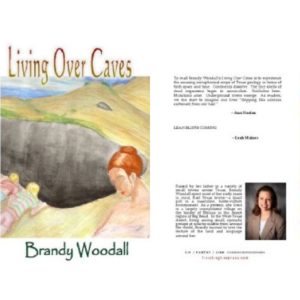When reading Jessica Barksdale Inclan’s gorgeous, courageous collection When We Almost Drowned it is important to note the qualifier in the title. For Barksdale Inclan, to live is to risk – the despair of broken marriages, shattered bones, the death of a beloved – all the fracturing and splintering of a life, and in Barksdale Inclan’s deft hand, what results is a sort of transcendence of these painful originating moments. These poems pry open the tough shell of experience to reveal the pearl. Surgical in their precise excavation, honest in their ability to cut through the bone, air the wound, and rejoice in its healing, she writes “not one life has ended, the circles only growing, concentric, all of them over, all of them now.” In these poems, the reader joins hands with the writer as she generously and radiantly travels from past, present, and future lives in a lyricism that rises like “a fire you feel everywhere.” From childhood to the moment of marital separation, from childbirth to aging, these poems are sometimes an inquisition, sometimes an inventory of loss, always moving ultimately into the ocean “dark and full of stories” that in the less resilient may lead to drowning. But with this poet’s abundance of love for each illuminating detail of the world, and ultimately, herself, we get pulled under only to be saved, again and again, by a writer who has learned “just as your heart has learned…to keep you moving.” Ultimately, these poems give us permission to imagine our own alternative possibilities, to splay wide the wreckage of our misfortunes, and to celebrate, at last, the solid shore of survival.
–Alicia Hoffman, author of Like Stardust in the Peat Moss and Railroad Phoenix
In “Triggers,” Jessica Barksdale lists: “Anything that lives and then dies. Anything in its dead state. Anything while it is alive.” When We Almost Drowned is a pitch-perfect exploration of “the ugly dream/ of the world” that cannot be ignored and the beauty that is “almost unbearable to watch.” These deft poems witness, open-eyed and open-hearted, all of it: our capacity for pain, our capacity for joy, and our ability to hold seemingly endless amounts of both.
–Maggie Smith, author of Good Bones and The Well Speaks of its Own Poison
Jessica Barksdale Inclan’s poems wander through and wonder at the waters we tread after loss and heartbreak. A sister dying, a marriage ending, the inevitability of a body changing—each of these poems navigates the passage of time. Alternating between wry observation and intimate memories, Inclan’s poems remember the sensation of drowning, but ultimately they reach out, “pulling hard for the shore.”
–Lena Khalaf Tuffaha, author of Water & Salt






Reviews
There are no reviews yet.